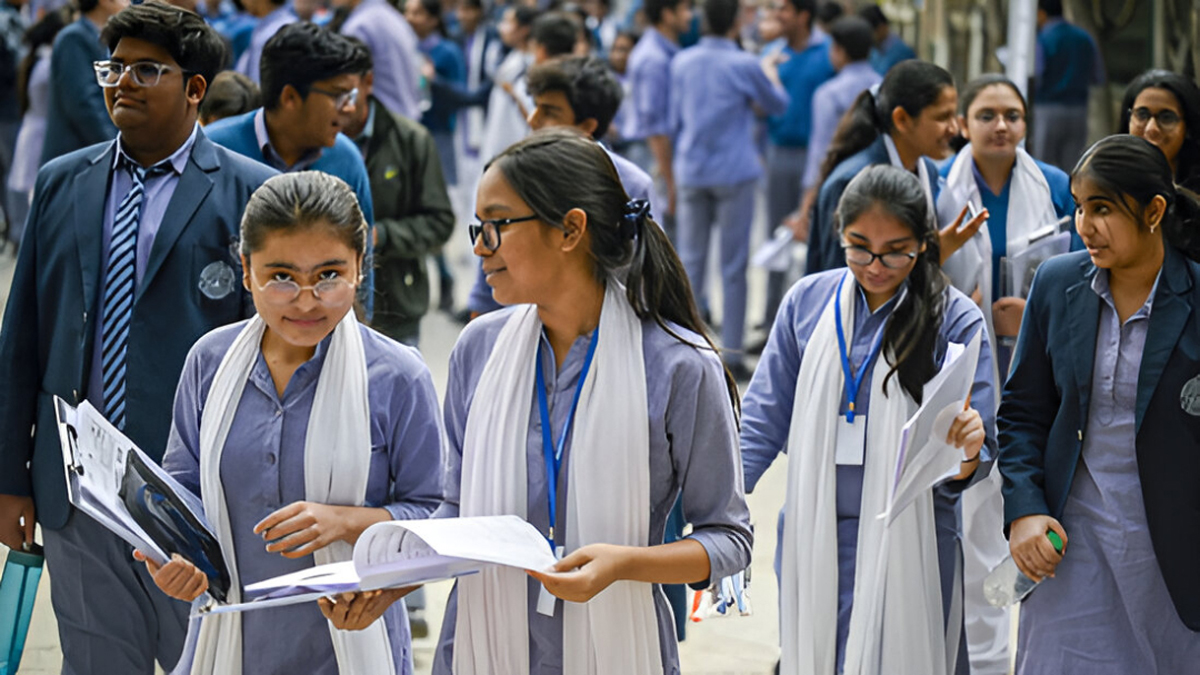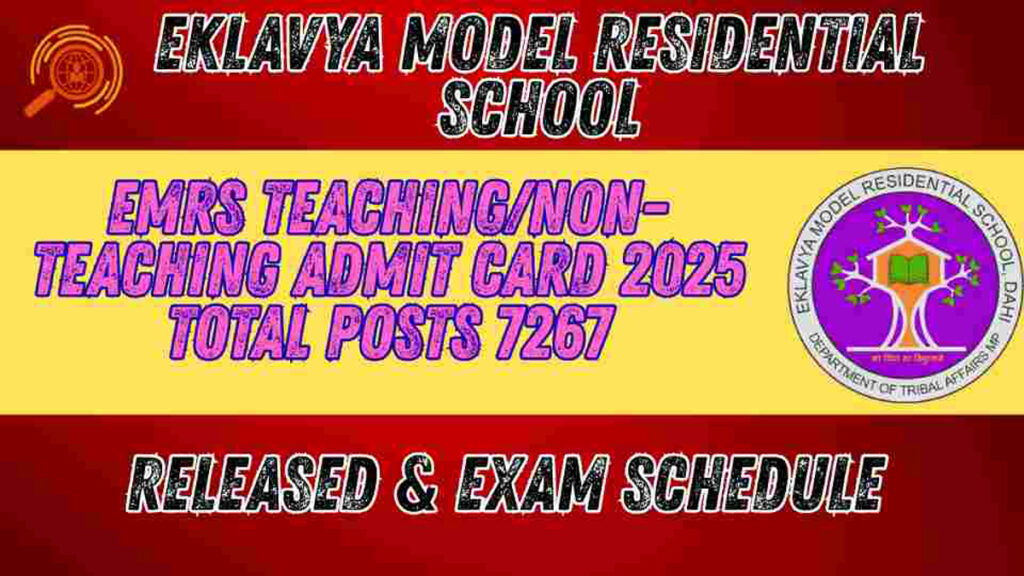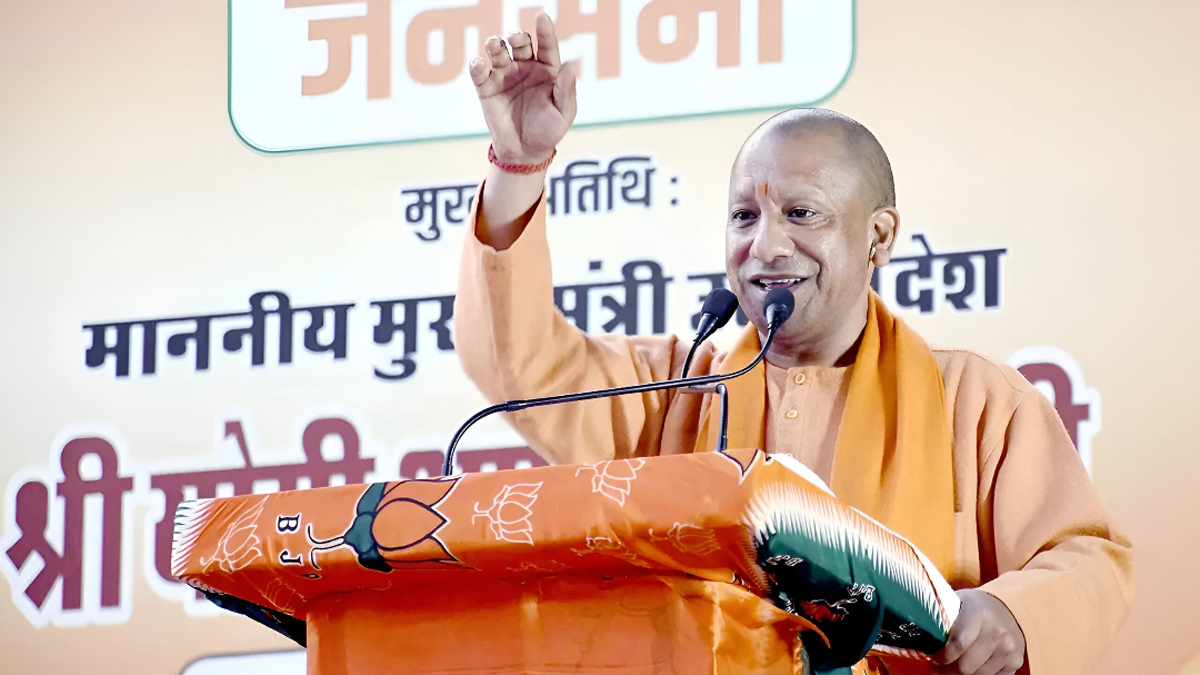Now Reading: CBSE Revolutionizes Class 10 Board Exams with Biannual System from 2026
-
01
CBSE Revolutionizes Class 10 Board Exams with Biannual System from 2026
CBSE Revolutionizes Class 10 Board Exams with Biannual System from 2026

In a landmark move poised to significantly reshape the landscape of secondary education in India, the Central Board of Secondary Education (CBSE) has announced that it will conduct Class 10 board examinations twice a year starting from the academic session 2026. This progressive decision, aligning with the recommendations of the National Education Policy (NEP) 2020, aims to alleviate student stress, foster a more holistic learning environment, and provide greater flexibility in assessment.
Under the new framework, the first phase of the Class 10 board exams will be mandatory for all students and is scheduled to take place in mid-February. The second examination, which will be optional, is planned for May. This second opportunity is specifically designed for students who wish to improve their scores in up to three core subjects, namely Science, Mathematics, Social Science, and languages, or for those appearing under compartment categories. The final result for students who appear in both examinations will consider the better of the two scores, offering a crucial safety net and a chance for improvement without the immense pressure of a single high-stakes attempt.
Union Education Minister Dharmendra Pradhan has lauded this initiative as a “much-needed step,” emphasizing its potential to reduce exam-related anxiety and promote joyful learning. The policy directly addresses the NEP 2020’s vision of moving away from rote learning and towards competency-based assessment, a student-centric approach that mirrors global educational practices.
Key Features and Benefits of the New System:
- Reduced Exam Stress: The most significant advantage of the biannual system is the potential reduction in exam pressure. With two attempts, students will not feel that their entire academic year hinges on a single performance. This can lead to a calmer approach to examinations and a greater focus on understanding concepts rather than last-minute memorization.
- Opportunity for Improvement: Students who might underperform in the first attempt due to various reasons, such as illness or anxiety, will have a valuable second chance to demonstrate their true potential. This fosters a growth mindset and allows for continuous learning and self-assessment.
- Flexibility and Student-Centricity: The optional nature of the second exam provides students with autonomy. Those satisfied with their first attempt can proceed with Class 11 admissions without delay, while others can strategically choose to reappear for specific subjects to enhance their overall performance.
- Alignment with NEP 2020: This policy is a direct implementation of the NEP 2020’s emphasis on flexible, low-stakes assessment and a shift towards evaluating core capacities and competencies.
- Streamlined Internal Assessments: In conjunction with the two-term board exams, the CBSE has also simplified internal assessments, which will now be conducted only once during the academic year. This is expected to reduce the burden on schools and students, allowing more dedicated time for board exam preparation.
Challenges and Considerations:
While the move has been largely welcomed for its progressive intent, educators and parents have also raised some pertinent concerns that will need careful consideration during implementation:
- Academic Calendar and Teacher Workload: Some school principals and teachers express worries about the compressed academic calendar and the potential increase in teacher workload due to managing two rounds of examinations and evaluations. There are fears that this could strain already limited working days and impact teaching quality for other classes.
- Logistical Hurdles: Conducting two sets of board examinations, including paper setting, invigilation, and evaluation, will undoubtedly require robust logistical planning and resource allocation. Schools may face challenges in terms of infrastructure and staff availability.
- Potential for Increased Coaching Culture: While the aim is to reduce stress, some fear that the two-exam system might inadvertently lead to an increase in the coaching culture, as students might feel compelled to seek additional support for both attempts.
- Mental Health Implications: While the intent is to reduce stress, some educators suggest that prolonged exam periods, stretching from February to May, could still contribute to student and teacher burnout if not managed effectively.
The results for the first phase of examinations are expected to be declared in April, with the second phase results in June. This staggered approach aims to facilitate timely admissions to Class 11 for all students. As the CBSE gears up for this significant shift, careful planning, clear communication, and ongoing engagement with all stakeholders – students, parents, teachers, and school administrations – will be crucial to ensure the successful and beneficial










